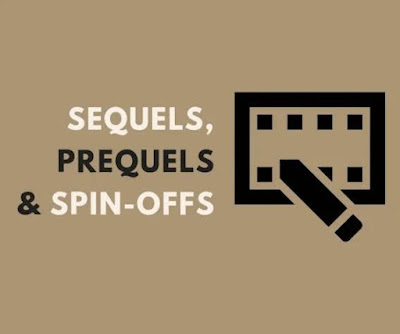Co-operative fertilizer major IFFCO is likely to offer nano-DAP to farmers at ₹600 per bottle (of 500 ml) from the upcoming kharif season as it expects government approval next month, CEO US Awasthi said.
As one bottle of nano-DAP is said to be equivalent to one bag (of 50 kg) of conventional di-ammonium phosphate (DAP), which is sold at ₹1,350, farmers will save their expenses on inputs, experts said.
Speaking at a conclave on agriculture, organised by the Rural Voice portal, Awasthi said over the next five years the country’s foreign exchange outgo on fertilizer subsidy will become zero as IFFCO’s nano-urea does not entail any subsidy, not its nano-DAP will be once it is up for sales. He said IFFCO has been working on introducing nano-potash, nano-copper and nano-zinc as well. Awasthi also said that IFFCO has already sold 4.85 crore of nano-urea out 5 crore bottles produced.
"Government’s subsidy on fertilizers will also reduce drastically as the country moves to become self-sufficient,” he said. The government’s fertilizer subsidy bill has increased to about ₹2.15-lakh crore from over ₹1.05-lakh crore (budget estimates) during the current fiscal after over ₹1.09 lakh crore was sought under supplementary demands.
Legalising MSP
Earlier, Niti Aayog member Ramesh Chand said though the minimum support price (MSP) of crops can guarantee stable prices to farmers, the best rates can only be ensured through fair competition in the market. Responding to the issue of farmers’ demand to make MSP a legal right, he said farmers want the best price for their produce as well as protection from price fluctuations.
“MSP is not the best price in all situations. It is definitely a stable price but not the best price. Best price comes from the competition. If there is competition in the market, farmers can get the best price,” said Chand, who is also a member of the government-appointed committee on MSP. Farmers should take advantage of market opportunities rather than becoming dependent on MSP, he added.
The Niti Aayog member cited past instances in some States when traders stayed away from the market when MSP was tried by force. If the fair market price is lower than the MSP, businessmen are likely to withdraw from the market, creating a fiscal problem for the government.












0 Comments